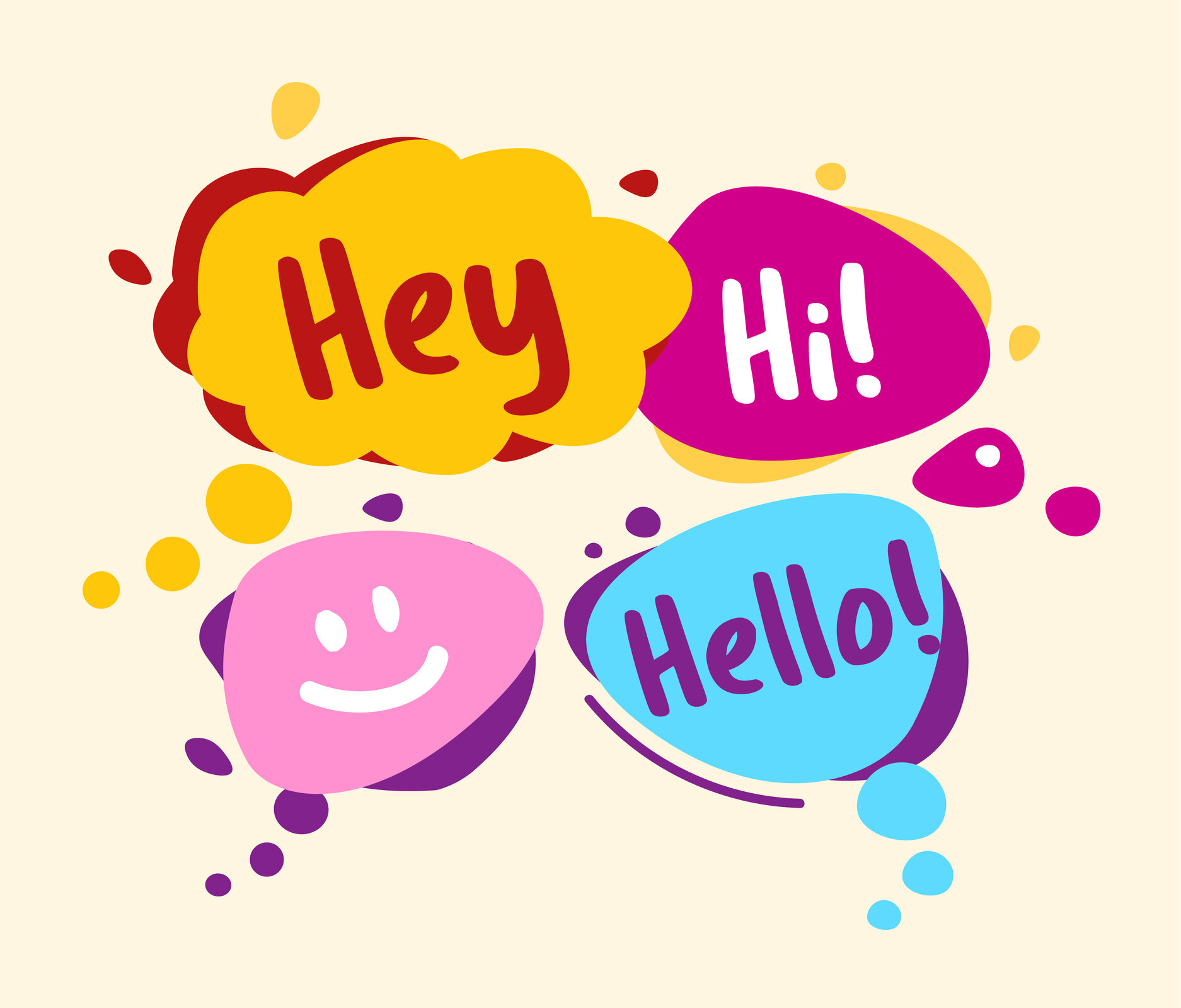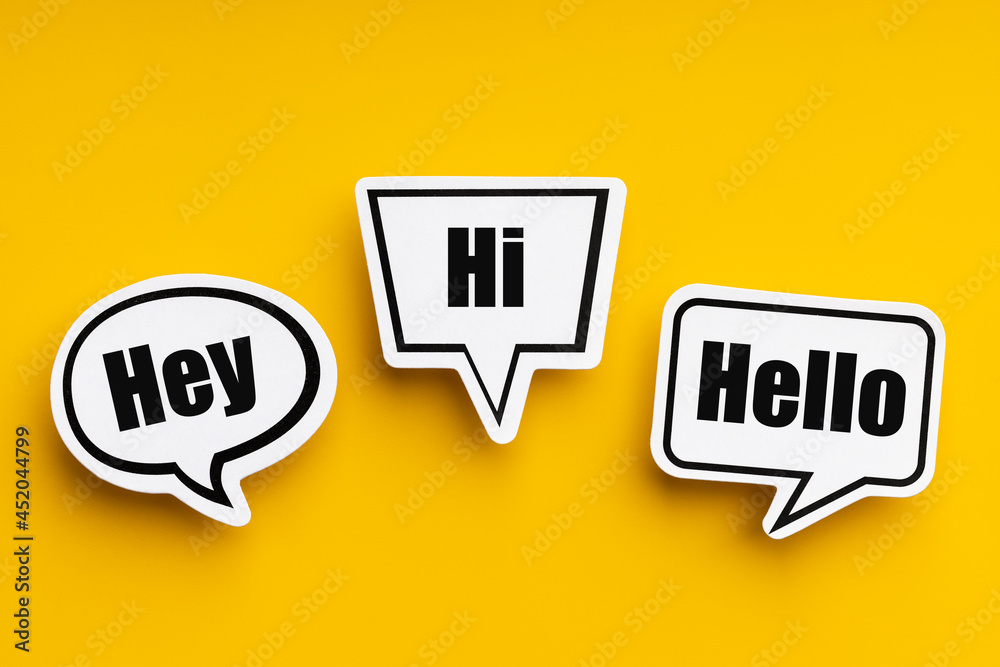Table of Contents
- Introduction
- What Makes 'Hey Mamas Lesbian' a Special Greeting?
- The Warm Embrace of 'Hey Mamas Lesbian'
- Understanding the Nuances of Casual Greetings
- How 'Hey Mamas Lesbian' Fits the Casual Vibe
- Is 'Hey' Always the Right Choice for 'Hey Mamas Lesbian'?
- When to Use 'Hey Mamas Lesbian' and When to Choose Other Words
- Building Connections with Authentic Language
- The Power of 'Hey Mamas Lesbian' in Community Spaces
- How Does 'Hey Mamas Lesbian' Create a Sense of Belonging?
- Fostering Bonds with 'Hey Mamas Lesbian'
- The Evolution of Everyday Phrases
- The Place of 'Hey Mamas Lesbian' in Modern Talk
- Can 'Hey Mamas Lesbian' Be Misunderstood?
- Clearing Up Any Confusion Around 'Hey Mamas Lesbian'
Sometimes, a simple collection of words can carry so much meaning, acting like a secret handshake for people who share something special. When we think about how people talk to each other, especially within specific groups, the words chosen are a big deal. They can help people feel seen, understood, and part of something bigger. It's almost like the words themselves become a comforting presence, letting folks know they are in a welcoming spot.
The way we greet someone, that first little bit of talk, sets the whole mood for what comes next. Think about how different it feels to say "hello" in a formal setting compared to a quick, easy "hi" to a close friend. The words we pick for starting a chat say a whole lot about our connection with the person listening. So, that, is that, why it's worth taking a closer look at phrases that really stand out in how they bring people together, particularly those that speak to a particular shared life experience.
This idea becomes even clearer when we look at specific expressions that have grown popular within certain groups, creating a feeling of closeness and shared identity. One such phrase, "hey mamas lesbian," seems to do just that. It's a way of speaking that, in some respects, feels very personal and direct, suggesting a connection that goes beyond just a casual passing greeting. We'll explore what makes this phrase a special kind of welcome for many.
What Makes 'Hey Mamas Lesbian' a Special Greeting?
When you hear or use the phrase "hey mamas lesbian," there is, perhaps, a sense of immediate connection, a feeling of being in the right place with the right people. It's not just a collection of words; it is, more or less, a signal. The word "hey," as we know, often starts the most relaxed and informal sorts of conversations. It is often the pick for people who know each other quite well, perhaps even those looking to share a bit of playful talk. This casualness, apparently, is a big part of why "hey mamas lesbian" feels so approachable.
The Warm Embrace of 'Hey Mamas Lesbian'
The term "mamas" itself carries a feeling of warmth and care, often used as a way to address mothers or mother figures, but also sometimes as a general term of endearment for women. Putting "mamas" together with "lesbian" creates a specific address, a direct acknowledgment of a particular identity and shared experience. So, when someone says "hey mamas lesbian," it’s not just a greeting; it’s a recognition, a friendly nod that says, "I see you, and you are part of this group." It’s a very personal way to start a conversation, showing a level of comfort and shared understanding right from the start. You know, it suggests a place where people can be themselves without having to explain much.
Understanding the Nuances of Casual Greetings
Our language has many different ways to say hello, and each one carries its own set of rules, even if we don't think about them much. The original text points out that "hello" usually fits more formal situations, perhaps when people don't know each other well or there's a noticeable difference in age or position. "Hi," on the other hand, seems to be a lighter choice, a common pick for friends or people who are on the same level. Then there's "hey," which, as we discussed, is the most laid-back of the bunch, often reserved for very close friends or, as the text mentions, for a bit of playful interaction. This range of options shows how much thought, even if unconscious, goes into our daily talk.
How 'Hey Mamas Lesbian' Fits the Casual Vibe
Given what we know about "hey," it's clear why "hey mamas lesbian" feels so relaxed and personal. It takes that very casual starting word and connects it to a specific community. This combination helps create a sense of belonging and ease among people who share similar life paths. It's a way of speaking that cuts through any need for formality, getting straight to a feeling of shared experience. Pretty much, it sets up an atmosphere where folks can just be themselves. It's a verbal shortcut to a comfortable connection, you know, a way to quickly establish common ground without a lot of fuss.
Is 'Hey' Always the Right Choice for 'Hey Mamas Lesbian'?
While "hey" offers a wonderful sense of casualness and closeness, like your favorite worn-in sweater, it's also true that not every moment calls for the same kind of greeting. The original text mentions that some people might find "hey" a bit too informal, perhaps even a touch impolite, with the old saying "hay is for horses" sometimes coming to mind. This suggests that even within casual greetings, there's a range of acceptance. So, when thinking about using "hey mamas lesbian," it's worth considering the specific setting and the people you are talking with. A truly good connection often means being mindful of how others might receive your words, even if your intent is very good.
When to Use 'Hey Mamas Lesbian' and When to Choose Other Words
The beauty of "hey mamas lesbian" lies in its ability to create an instant bond within its intended community. It's a fantastic choice for gatherings of friends, community events, or online spaces where a shared identity is celebrated. It really shines in places where a relaxed, affirming atmosphere is what people want. However, in more formal settings, or when addressing someone for the first time who might not be familiar with the phrase or its context, a different opening might be a better pick. Something like "hi" or even a simple "hello" could serve as a more general, welcoming start. It's all about picking the right tool for the job, so to speak, ensuring your words land with the warmth and respect you mean to convey. Basically, it's about reading the room, or the digital space, to make sure your greeting is a good fit.
Building Connections with Authentic Language
The way we speak truly shapes the connections we make with others. When language feels real and comes from a place of shared experience, it can build bridges between people that more formal talk simply cannot. Phrases like "hey mamas lesbian" are examples of this kind of authentic communication. They are not just random words; they carry a history, a feeling of shared life, and a sense of belonging that resonates deeply with those who hear them. This kind of talk helps people feel truly seen and understood, which is a very important part of building strong communities. It's like, you know, a special code that only certain people get, and that makes it all the more meaningful.
The Power of 'Hey Mamas Lesbian' in Community Spaces
Within community spaces, whether they are physical meeting spots or online groups, the phrase "hey mamas lesbian" can be a very powerful tool for building closeness. It acts as a kind of verbal hug, letting people know they are among those who understand their journey. This creates a safe and inviting atmosphere where individuals can feel comfortable being their true selves. It helps to break down any walls that might exist, making it easier for people to share stories, offer support, and just generally connect on a deeper level. The simple use of this phrase can make a world of difference in how people feel when they step into a shared space. It's a pretty strong way to make people feel at home, actually.
How Does 'Hey Mamas Lesbian' Create a Sense of Belonging?
A feeling of belonging is something everyone looks for, a place where they can feel accepted and valued just as they are. Language plays a very big part in creating this feeling. When a specific phrase like "hey mamas lesbian" is used within a group, it acts as a sign of shared identity and mutual respect. It says, without needing many other words, "You are one of us." This recognition is incredibly comforting and helps to build strong bonds between people. It’s like, you know, finding your people and having a special way to greet them that only your group truly understands. This creates a sense of collective identity, a feeling of being part of something bigger than oneself.
Fostering Bonds with 'Hey Mamas Lesbian'
The act of using "hey mamas lesbian" can do a lot to help relationships grow and become stronger. It’s a way of showing solidarity and understanding, which are important parts of any lasting connection. When people feel that others genuinely see and appreciate who they are, it opens the door for deeper conversations and more meaningful interactions. This phrase, in its casual yet specific address, helps to create an environment where trust can grow, and friendships can truly blossom. It's almost like a little seed that, when planted with care, can help a whole garden of connections bloom. It encourages people to open up, feeling safe in the knowledge that they are among friends. Very, very important for community health, that.
The Evolution of Everyday Phrases
Language is always moving, always changing, much like a living thing. The words and phrases we use every day shift over time, taking on new meanings or becoming popular within new groups. The simple greeting "hey" itself has a long history, apparently starting as a natural expression before finding its place as a common way to say hello. The way we use words like "guys" has also changed, with many people now seeing it as a gender-neutral way to address a group, even though it once referred only to men. This constant change means that phrases like "hey mamas lesbian" are also part of a larger story of how language adapts to fit the needs and expressions of different communities. It shows how talk is never really standing still, you know.
The Place of 'Hey Mamas Lesbian' in Modern Talk
In our current ways of speaking, "hey mamas lesbian" has carved out a distinct place. It represents a particular kind of informal, identity-affirming communication that is increasingly common in specific social circles. It reflects a desire for language that is direct, honest, and truly representative of who people are and the groups they belong to. This phrase stands as an example of how communities create their own ways of talking, using familiar words in new combinations to build a sense of shared space and belonging. It's a pretty good example of how language can be a tool for both personal expression and group cohesion, showing that our words are always growing and adapting to fit our needs. Basically, it's a living part of how we communicate today.
Can 'Hey Mamas Lesbian' Be Misunderstood?
Any phrase, no matter how well-intended, has the potential to be interpreted in different ways by different people. While "hey mamas lesbian" is clearly meant to be a warm and inclusive greeting within its specific community, someone outside of that group might not grasp its full meaning or the casual, affirming spirit behind it. The informal nature of "hey" itself, as the original text pointed out, can be seen as too casual by some. This shows that context is everything when it comes to how our words are received. So, it is that, a matter of being aware of who you are talking to.
Clearing Up Any Confusion Around 'Hey Mamas Lesbian'
For those who might not be familiar with "hey mamas lesbian," it’s helpful to remember that language often contains these kinds of insider expressions. Just like "hey buddy" might be used among certain male friends but not in a formal business meeting, "hey mamas lesbian" serves a particular purpose within a specific community. It's a way for people to connect on a personal, affirming level, celebrating shared identity and experience. Understanding this helps to clear up any potential confusion, showing that the phrase is a positive and welcoming form of address for those it is meant for. Pretty much, it's about respecting the different ways people choose to speak and connect with one another.



